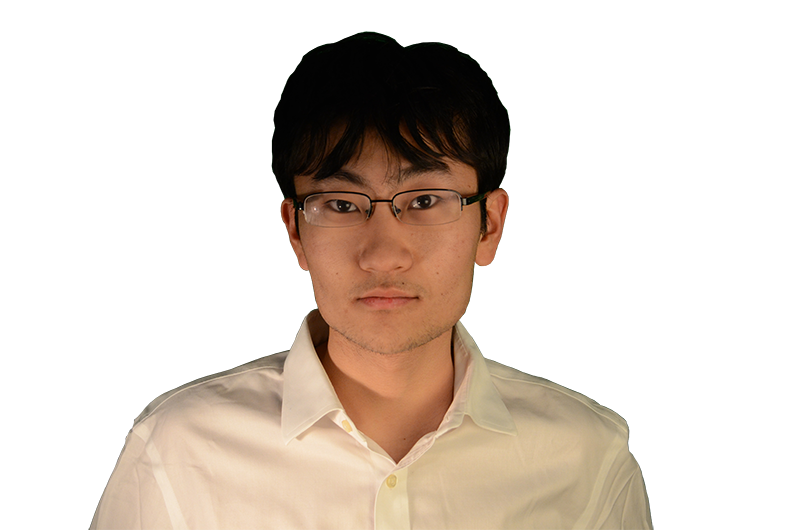Cui: Where autism awareness falls short
April 9, 2014
Last Wednesday — much to my surprise — the Rebecca Crown Center clock tower shone blue. April 2, as it turns out, is “World Autism Awareness Day.” To accomplish this awareness, as much blue should be shown over the day as possible. The United Nations has sanctioned the cause, the New York skyline has turned blue in support and even teddy bears are sold in its name. This commodification, to me, is rather startling. When I was diagnosed in elementary school with Asperger’s syndrome, a defunct specification of what is now referred to as autism spectrum disorder, district administrators were a beat away from indefinite suspension. No one knew for sure what an autistic child meant, and the gamut of possibilities ran from a second Rain Man to an abusive freak.
This autism awareness campaign turns out to have been spearheaded by Autism Speaks, a foundation whose Northwestern affiliate branch is entrenched in our community. Founded by a former NBC CEO, Bob Wright, the foundation began through consolidating three major autism advocacy groups. Today it is like a monolith, able to fund much proposed research regarding the psychological disorder.
My opinion of the foundation is, to put it diplomatically, negative. My first exposure to it was not through their publicity campaigns, but through online communities of Autism Spectrum Disorder, or ASD, bloggers. Groups of these activists, many of whom are autistic–and communicate textually with great ease, unlike the stereotypes–made two main points. First, Autism Speaks barely involves ASD perspectives in its decision-making and strategy. Second, its publicity campaigns treat autism as a disease that ruins lives. One 2009 video declared autism is “faster than pediatric AIDS” and that it will “rob you of your children.” The organization still invests most of its money in finding treatments for autism, an objective that bordered on the absurd when it momentarily supported theories linking autism and vaccination.
The point I want to make, though, concerns perception. Only until very recently was autism considered something beyond a mysterious developmental disorder. Over a century, autism went from “infantile schizophrenia” and a punishment for bad parenting to a “crisis” threatening millions of families, to borrow Autism Speaks’s language. Theories abound on what causes autism, but there is nothing definitive, apart from a possible genetic connection. One reason for that is that the definition of autism continues to change, as psychologists struggle with whether more people today are autistic or just misdiagnosed.
If you ask me, I would deny an autism epidemic exists, purely because we do not know enough about autism to claim any relevant trend exists. Even more ludicrous is the attempt at a cure when the diagnosis is ill-defined. Awareness that raises the specter of epidemic is not helpful at all, though I am glad no one on campus has been that direct about it. What matters more than awareness, in a world where what we need to be aware of is unclear, is acceptance. There are many people in the world who seem autistic and are segmented from society for it, but whose inner abilities could bring them great success. Where horror stories about abusive autistic children misrepresent the community, I would rather cite other examples. There is the story of Temple Grandin, who is endowed with a vivid memory and used it to design more humane livestock handling processes. There is the story of Vernon Smith, diagnosed with Asperger’s but gained from it the concentration he used to develop groundbreaking economic theories. There is the story of Jacob Barnett, the teenage savant whose initial autism diagnosis did not stop his mother from nurturing his talent for physics.
These individuals chose to pursue their work. Parents, caretakers and educators chose to dedicate their time to unlocking talent. The same goes for lower-functioning individuals, who have just a right to live and be happy as anyone else. Autism acceptance is about giving those with ASD the liberty to speak for themselves, understanding their needs and ensuring those who support them are not left behind. Compared to the rhetoric of awareness, which just wants to wish away the mysteries behind autism, acceptance is now the nobler goal that we should aim for.
Tom Cui is a Weinberg junior. He can be reached at [email protected]. If you would like to respond publicly to this column, send a Letter to the Editor to [email protected].


